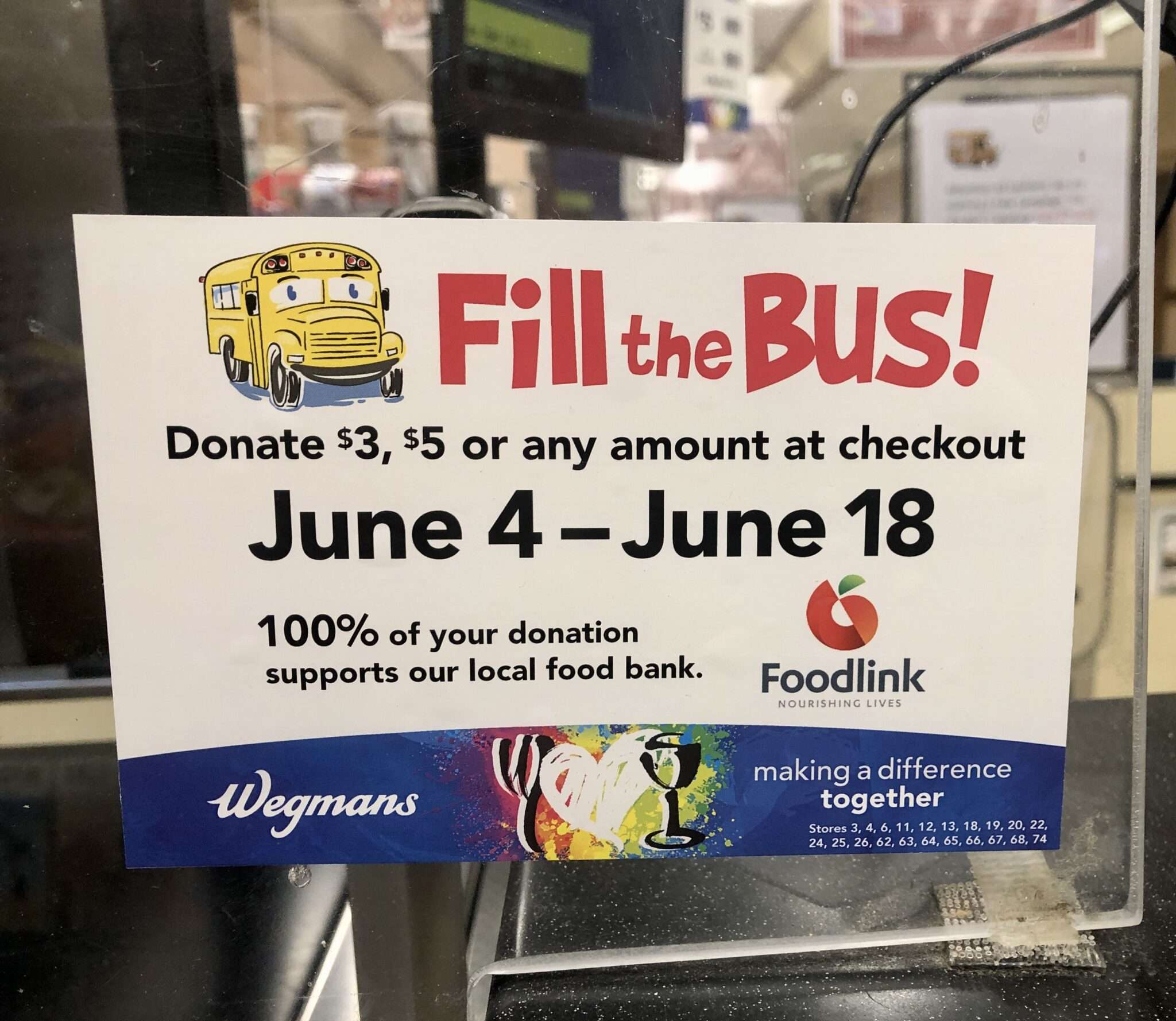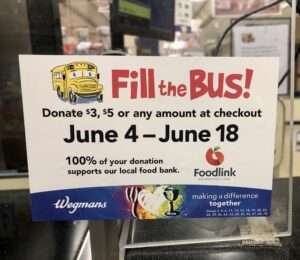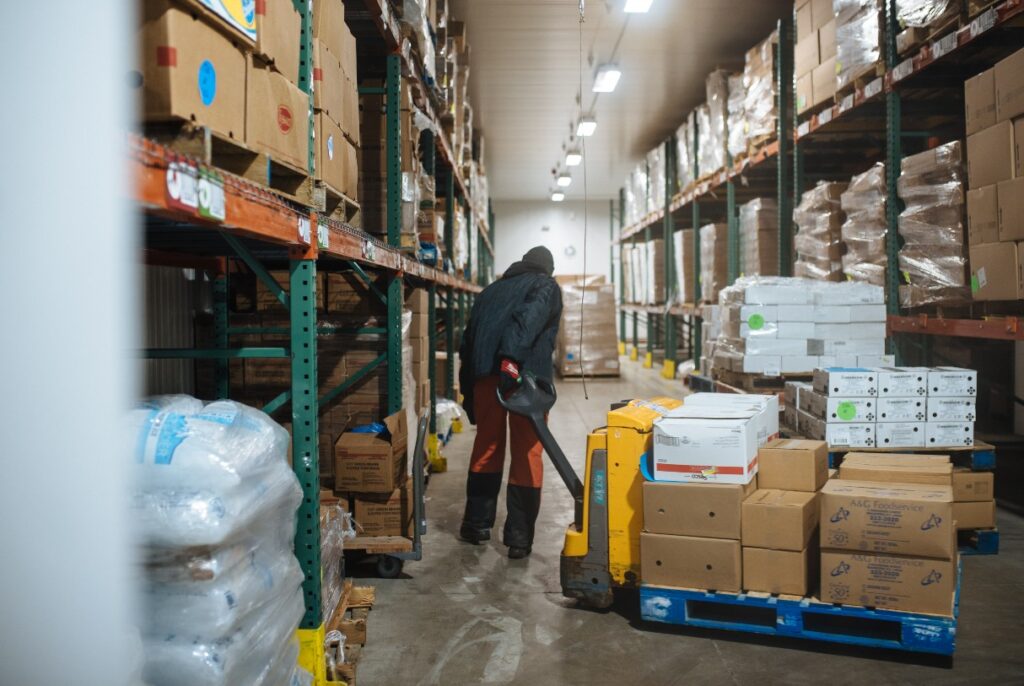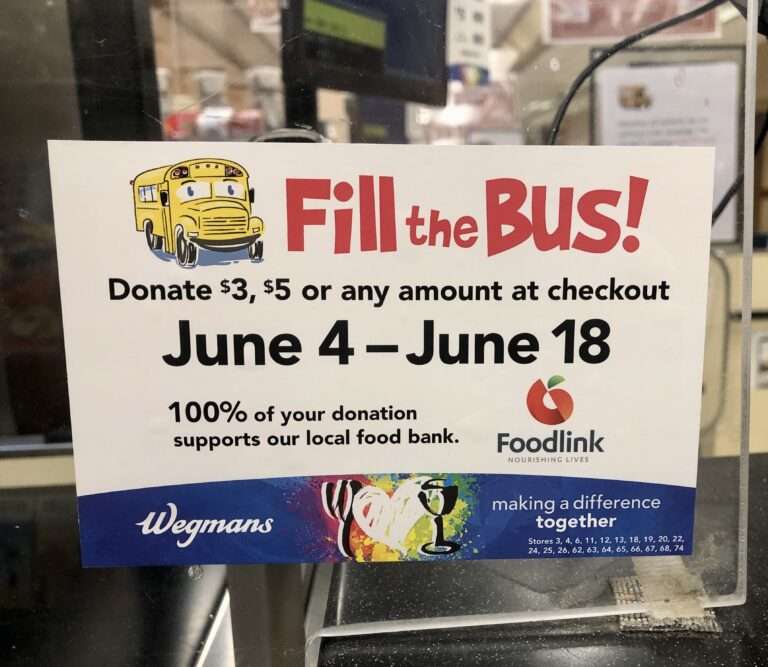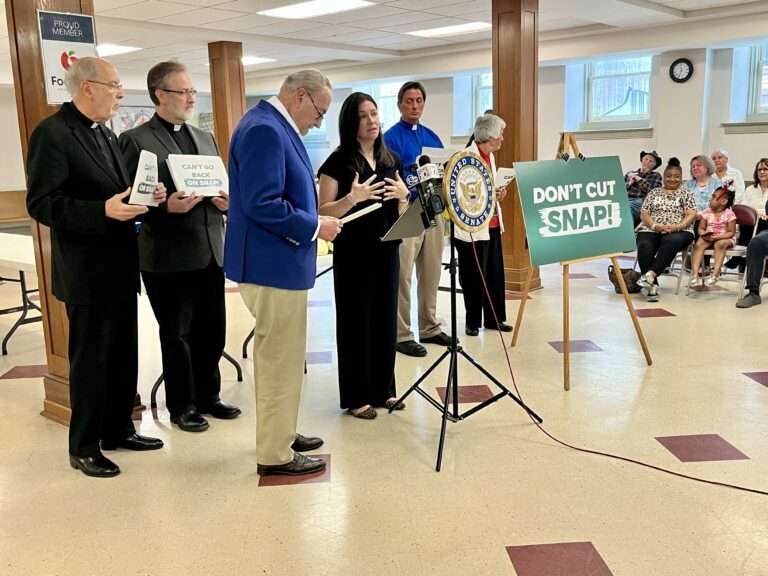Foodlink is encouraged by the continued support for food banks and emergency food programs reflected in the New York State Budget. We are grateful that Nourish NY has been funded once again at $50 million, so we can continue to purchase healthy fruits, vegetables, and dairy products from New York farmers and manufacturers to distribute directly to our communities. We are also pleased that the baseline funding for the Hunger Prevention and Nutrition Assistance Program (HPNAP) has increased to $56.5 million. This new baseline for HPNAP is more aligned with the rising cost of living and inflation, which has caused food prices to soar and visits to local food pantries to spike dramatically in the past year. Both HPNAP and Nourish NY have been the lifeline for Foodlink and hundreds of our food pantry and meal program partners, as well as the thousands of people who rely on these emergency food programs to put food on the table.
Foodlink and all of our community partners across the region have risen to the challenge of meeting this need, but we cannot do this work alone – especially after SNAP Emergency Allotments recently ended for millions of households across New York. We are grateful for Governor Hochul and our esteemed members of Senate and Assembly who have championed both programs during the budget process to help reduce food insecurity and hunger.
After seeing the benefits from the federal waivers that provided free school meals for all students during the pandemic – impacting an additional 726,000 students across 2,000 schools in New York State – Foodlink is encouraged that $134 million will be used to expand no-cost school meals, but disappointed that universal school meals will not be implemented. While New York has not joined several other states in taking the bold step of providing free school meals for all, we are hopeful that more students will be covered and this is a step in the right direction. Foodlink will continue to advocate for universal school meals because we believe we can reduce childhood hunger, improve test scores, support educational equity, and improve public health in the communities we serve.
